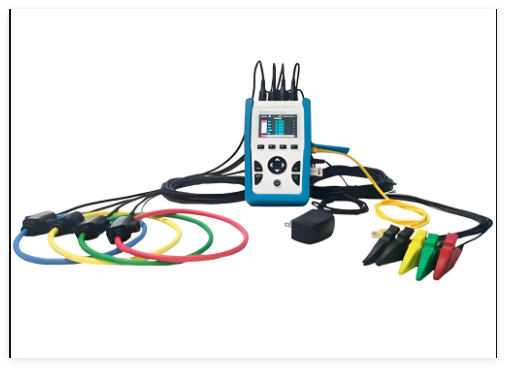Smart Thermostats Demystified: Say Goodbye to Manual Temperature Adjustments

Introduction to Smart Thermostats: Technology Transforming Temperature Management
A smart thermostat is a device that uses advanced technology to automatically regulate indoor temperature, enhancing comfort and energy efficiency. It can be controlled remotely via smartphones, tablets, and other devices, and it learns the user’s living habits to adjust temperature settings automatically, ensuring an optimal indoor environment.
Advantages and Disadvantages of Smart Thermostats: A Comprehensive Overview
Advantages:
- Energy Efficiency: Smart thermostats adjust the temperature based on actual needs, preventing energy waste and reducing electricity bills and carbon emissions.
- Comfort and Convenience: By learning user habits, smart thermostats can adjust the temperature at the best times, ensuring a comfortable indoor environment.
- Remote Control: Users can control their home temperature anytime, anywhere through smart devices, eliminating the need for manual adjustments.
- Data Analysis: Smart thermostats record temperature data and provide detailed energy consumption reports, helping users optimize their usage habits.
Disadvantages:
- High Initial Cost: Smart thermostats are usually more expensive than traditional thermostats, requiring a higher initial investment.
- Complex Installation: Some smart thermostats require professional installation, adding extra costs and inconvenience.
- Privacy Risks: The connectivity of smart devices can pose certain privacy risks, necessitating attention to data security.
How to Choose a Smart Thermostat: Buying Guide
- Compatibility: Ensure that the smart thermostat is compatible with your existing HVAC system to avoid unnecessary modifications.
- Functionality: Choose features according to your needs, such as remote control, data analysis, voice control, etc.
- User Interface: Select products with a simple, user-friendly interface to enhance the user experience.
- Brand Reputation: Opt for products from reputable brands, which typically offer better quality and customer service.
Major Smart Thermostat Brands: Which Brands to Consider?
- Nest: As a pioneer in the smart thermostat market, Nest is renowned for its excellent design and powerful features.
- Ecobee: Ecobee products are highly praised for their cost-effectiveness and outstanding user experience.
- Honeywell: The traditional brand Honeywell also excels in the smart thermostat field, with products known for their compatibility and rich features.
- Tado: A leading brand in the European market, Tado is recognized for its energy-saving performance and intelligent management.
Additional Information for Users: What Else You Need to Know About Smart Thermostats
Data Privacy and Security
While smart thermostats offer convenience, they also involve data privacy and security issues. Users need to pay attention to the data encryption and privacy policies of the devices, choosing brands with robust security measures. Additionally, regularly updating device firmware to prevent hacking is essential for protecting privacy.
Integration with Other Smart Home Devices
Smart thermostats can usually integrate with other smart home devices, forming a comprehensive smart home system. For instance, they can interact with smart bulbs and smart speakers to create a more intelligent home environment. When choosing a smart thermostat, consider its compatibility with your existing smart home system for a better user experience.
Conclusion: Smart Thermostats Make Life Smarter
A smart thermostat is not just a temperature control device but a vital tool for improving the quality of life. By choosing the right smart thermostat, users can enjoy a more comfortable and energy-efficient home environment. Whether from the perspective of energy savings or convenience, smart thermostats offer undeniable advantages. Let’s embrace the smart home era together and enjoy the benefits of technology in our daily lives.





Post Comment